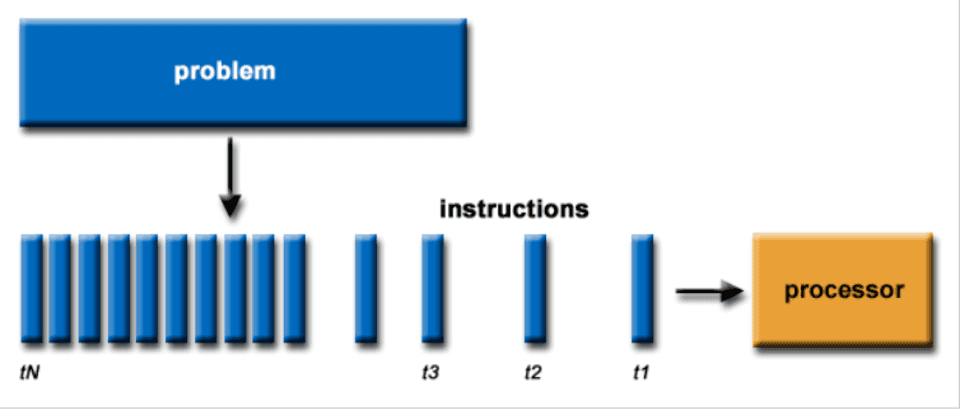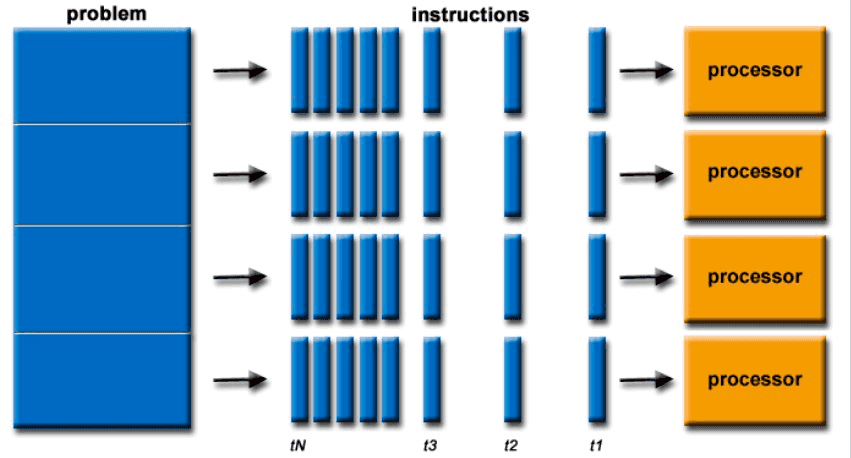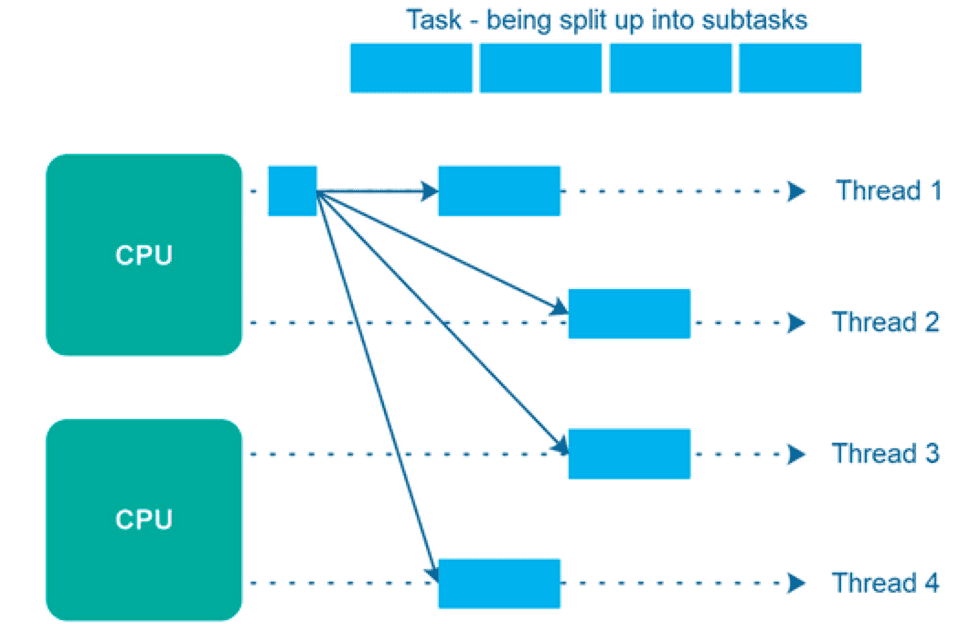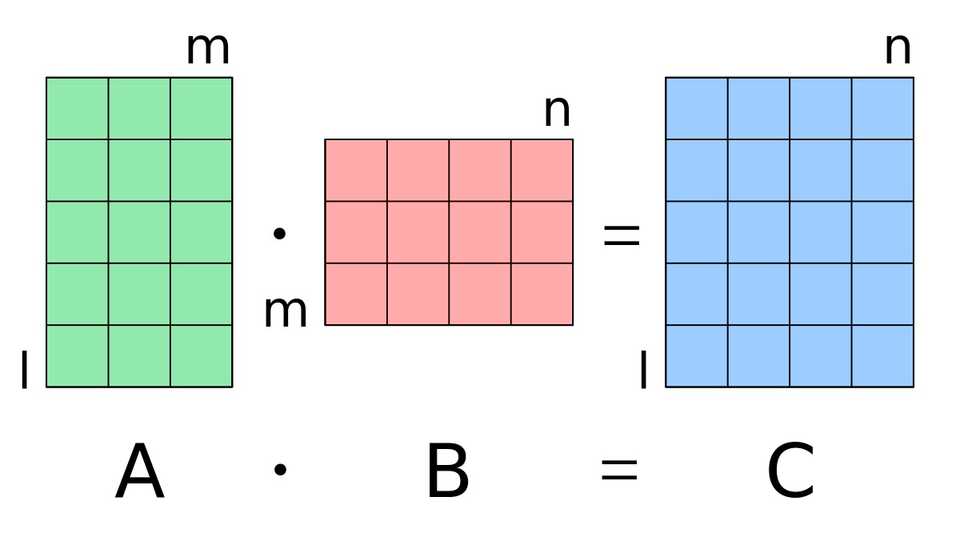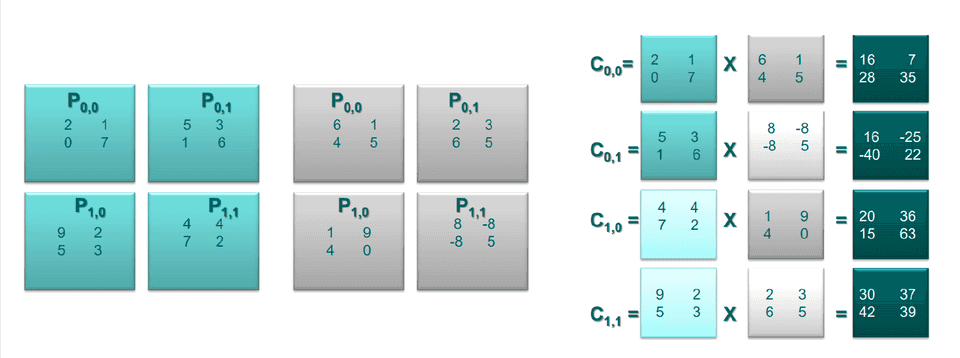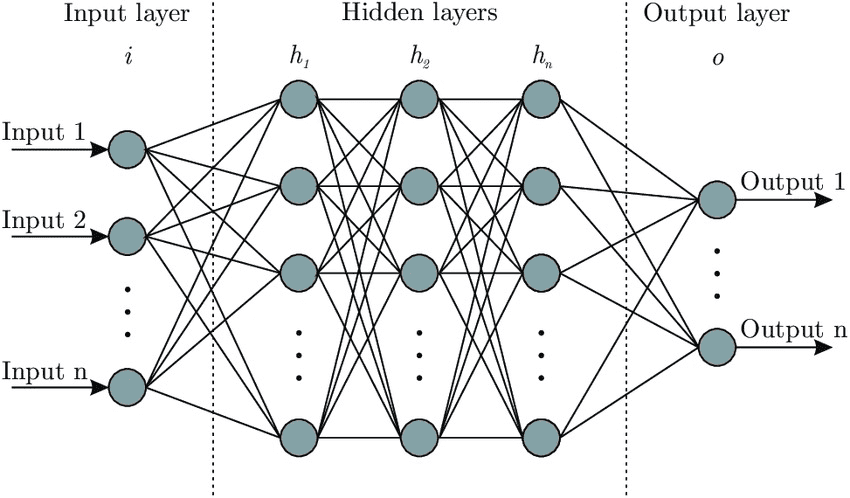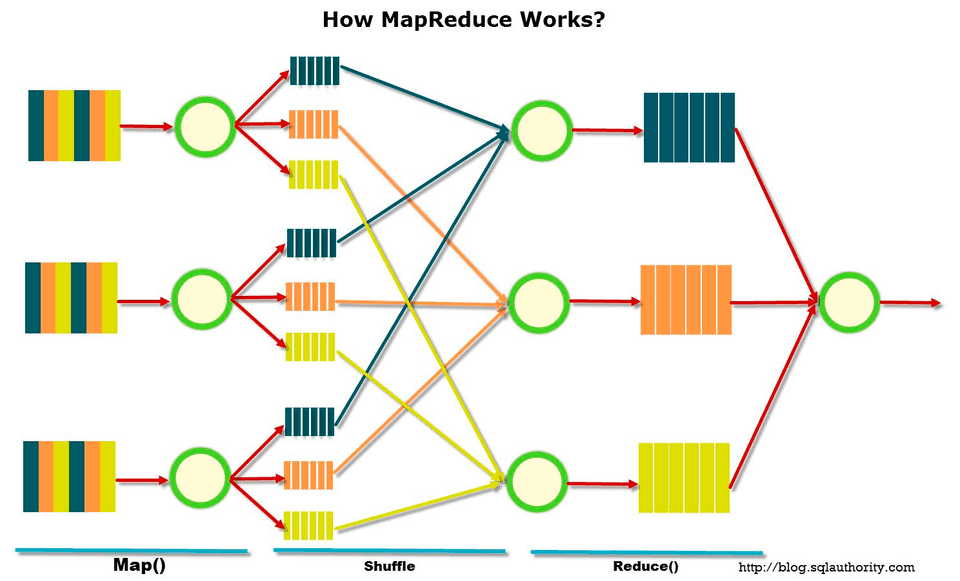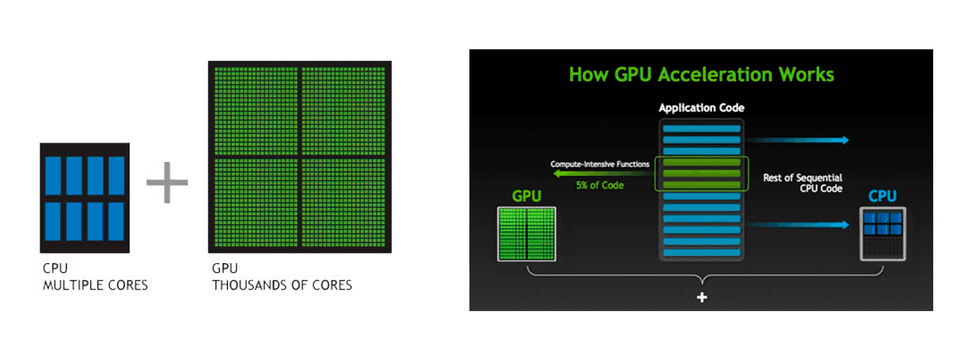Parallel Computing Notes
This blog is about some basic concepts of parallel computing. It includes the concept and comparison between serial computing and parallel computing.
Serial Computing
- A problem is broken into a discrete series of instructions
- Instructions are executed sequentially one after another
- Only one instruction may execute at any moment of time
Parallel Computing
- Be divided into sub-problem which can be solved simultaneously
- Execute multiple program instructions at any moment in time
- High e ciency with multiple computation resources than single computation resource
Parallelism vs. Concurrency
Concurrency
- Concurrency, application making progress on more than one task.
- Concurrency means executing multiple tasks at the same time but not necessarily simultaneously.
Parallelism
- Parallelism means that an application splits its tasks up into smaller subtasks which can be processed in parallel, for instance on multiple CPUs at the exact same time (simultaneously).
Matrix Multiplication Using Parallel Methods
Matrix Computation
Sequential Algorithm
- Using nested loops in Code, time Complexity O(N3)
Parallel Methods
Parallel Algorithm
- Divided Matrix A and B into small blocks
- Using parallel loops in Code, time Complexity O(M*N2)
Neural Network: Initialize, Compute and Update Parameters
- Output = Input * HiddenParameters
- Number of parameters is pretty huge
Map-Reduce: Large-Scale Matrix Multiplication
- Parallel and distributed algorithm processing big data sets.
- Proposed by Google, implemented in Hadoop and Spark.
Application Scenraio
Scenarios that require processing large amounts of data in sophisticated way.
- “Big Data”, databases and data mining
- Artificial Intelligence
- Pharmaceutical design
- Financial and economic modeling
GPU and Parallel Computing
- GPUs are designed to handle parallel processing more e ciently.
CUDA - Compute Uni ed Device Architecture
- A parallel computing platform and programming model that enables dramatic increases in computing performance by harnessing the power of the graphics processing unit (GPU).
- Developed and released by NVIDIA in 2006
- Can run on all of NVIDIA’s latest discrete GPUs
- Extension of the C, C++, and Fortran languages
- Operating Systems that Support it: Windows XP and later, Linux, and Mac OS X
